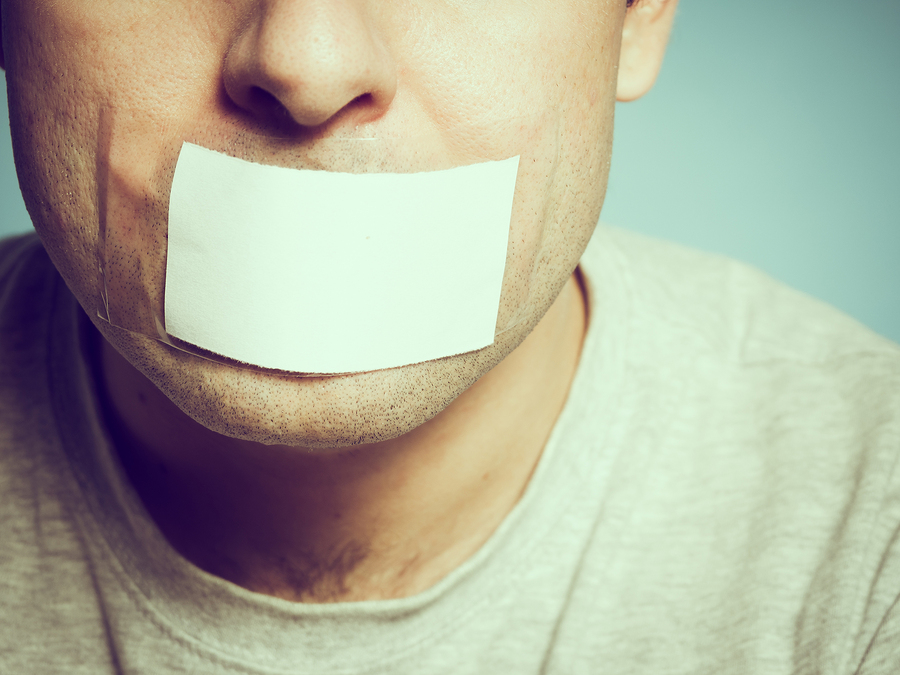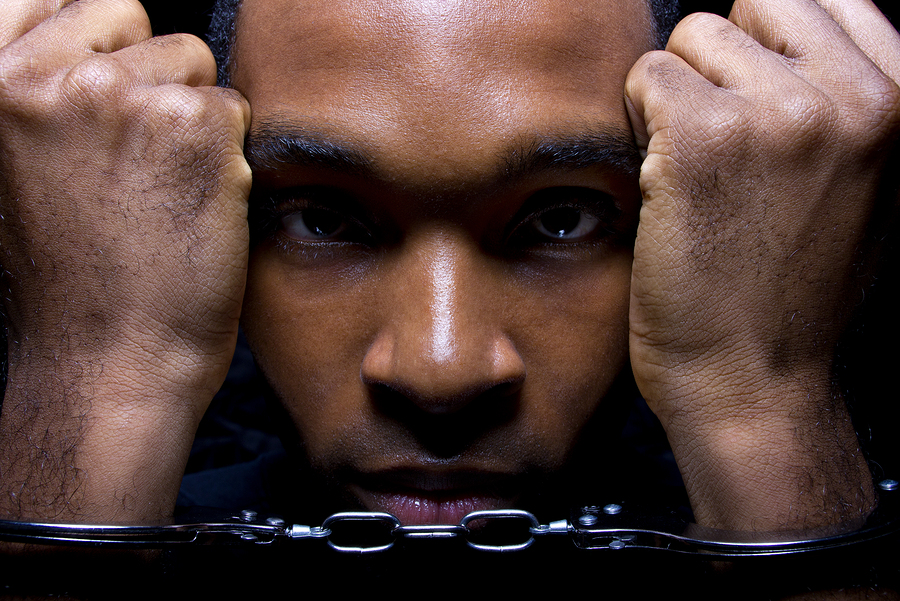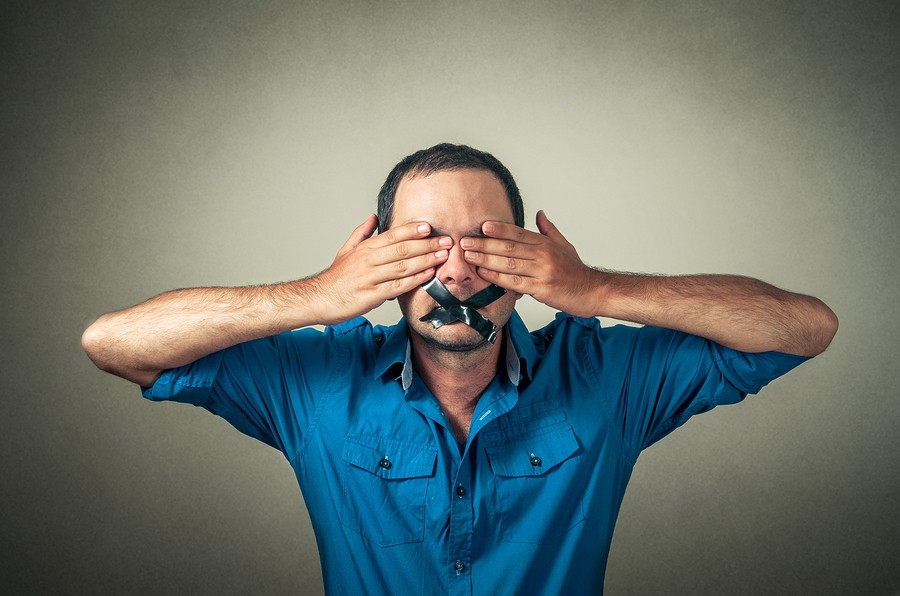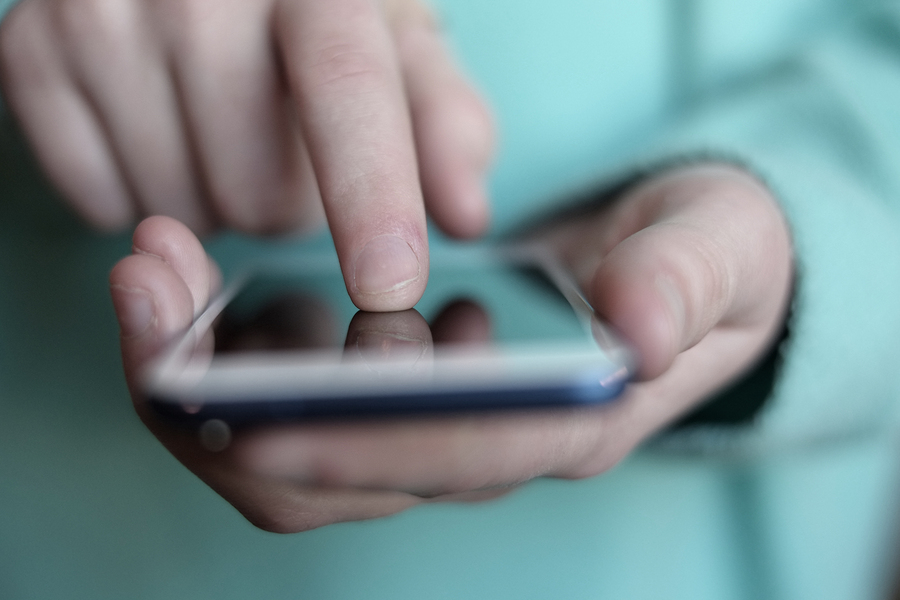What Facebook did to us in 2016
Over the past ten or 11 years the power of social media has grown beyond belief.
At first like a stream and then into a river and then a flood, it now sits as an ocean in our consciousness.
We orient our free time around it, report gatherings, bookmark meals, and document concerts and gigs.
Snapchat, Twitter, Instagram, WhatsApp, QZone — all of them are getting bigger and more powerful by the day.
But despite fierce competition, it is Facebook that still rules the roost, informing us of how many metres away our friends might be, whether we did something interesting or noteworthy eight to ten years ago on a given day, or what is available to buy in the next town over.
With that in mind however, what did Facebook actually do for us this year? Or better yet, what did it do to us?
It censored us

There were instances throughout the year where Facebook made some pretty horrendous decisions.
In September administrators decided that the famous Vietnam war photograph, “napalm girl” had breached its violence and nudity policy.
A little over a month later the platform banned an “offensive” breast cancer awareness video that showed women how to inspect their breasts.
And this is despite refusing to remove a child abuse video a year before, that infamously showed a screaming baby being repeatedly dunked into a bucket of water and being held up by the head.
The first two scandals are comical at best and outrageous at worst, but there are graver implications of what Facebook decides can or cannot be posted to its pages.
In late October, a coalition of more than 70 civil rights groups wrote to the company and demanded that it clarified its policies for removing content after it repeatedly removed posts documenting human rights violations.
In one instance, it disabled live footage from the Dakota Access pipeline protests in the U.S. and more worryingly, it disabled the accounts of two Palestinian news organisations who were reported for violating the site’s community standards.
Speaking to The Guardian, Reem Suleiman of SumOfUs said, “There’s a lot of doublespeak. Zuckerberg talks about being a human rights defender and champion of civil liberties protection. He hung a Black Lives Matter banner outside of Facebook. These are ideals that the company is claiming to promote, so it’s totally fair to hold them to account.”
It colonised us

No one can deny that Facebook has had a rocky year in regards to its reputation, but the signs were already there in February when it was accused of blatant colonialism.
After the platform was effectively banned in India, where it offered free (but restricted) internet, Netscape founder and Facebook director, Marc Andreessen, tweeted, “Anti-colonialism has been economically catastrophic for the Indian people for decades, why stop now?”
Unsurprisingly the tweet was received with widespread criticism, forcing Andreessen to delete the tweet and apologise, before stating that he was “100 per cent opposed to colonialism.”
Even Mark Zuckerberg was forced to apologise in his own post, declaring that the tweet was “deeply upsetting” to him.
Although the tweet was likely borne from frustration and written from the hip, it didn’t stop people making the connection between Facebook’s expansion and colonialism — a topic that has plagued the platform for some time.
Speaking to The Atlantic, Deepika Bahri, an English professor at Emory University, who focuses on postcolonial studies said that she would, “loathe to toss around words like colonialism but it’s hard to ignore the family resemblances and recognisable DNA, to wit.”
The professor went on to sum up the similarities in list form:
- Ride in like the saviour
- Bandy about words like equality, democracy, basic rights
- Mask the long-term profit motive
- Justify the logic of partial dissemination as better than nothing
- Partner with local elites and vested interests
- Accuse the critics of ingratitude
But ruffled feathers didn’t stop Facebook, as in June it announced that it had completed its first test flight of Aquila, a solar powered drone that the company hopes will one day beam its internet.org to developed nations across the globe.
Again, the problem here is that internet.org will be the only available internet connection — something that will be completely operated and controlled by Facebook.
Cries of colonialism were once more sent through the ether, but later in July Aquila suffered “substantial” damage during a test flight in the Arizona desert and nothing much has been heard from it since. Crash investigations are ongoing.
It skewed our view of politics

Whether Facebook intended to meddle in on the political platform is one thing, but there is no denying that it had some influence in the U.S. Presidential Election.
Helping to spread lies, half-truths, partial truths, and post-truths, for one candidate or another, the platform has come under a barrage of flak from all sides for not providing accurate and impartial news to its users.
Fake news has been the buzzword of the past month and some claim that Donald Trump would not have won if Facebook had not have helped spread fake news stories that were biased in his favour.
Perhaps this same criticism would have occurred had the multi-billionaire lost the election, but it is interesting to hear that author and former Facebook employee Antonio Garcia Martinez said, “it’s crazy that Zuckerberg says there’s no way Facebook can influence the election when there’s a whole sales force in Washington DC that does nothing but convince advertisers that they can.”
He continued, saying that, “We used to joke that we could sell the whole election to the highest bidder.”
Zuckerberg went on to deny that Facebook had any influence over the election, but as critics refused to abate, he eventually posted an apology and stated that he was going to clamp down on misinformation and fake news.
A job listing has since been posted on the site for the position of “Head of News Partnerships”. It asks for 20+ years of experience in news and business, and is searching for an individual with a proven track record of building, initiating and driving new business.
But is it just a case of too little too late?
Of course, Facebook isn’t the only platform to writhe under criticism, as both Google and Twitter were also accused of spreading biased news during the run up to the election.
It is doubtful that the platform actually intended to sway the outcome of the election (despite its previous studies), but it certainly opened itself up as a tool for manipulation by all sides (Democrats, Republicans, and perhaps Russia) only months after the same accusations were cast against it in the wake of Brexit.
Claire Wardle of First Draft News said that, “they may not have said it yet, but 2016 is the year Facebook recognised they are a publisher,” and that, “we’ve never had a global newspaper in 192 countries, with all these different legal and cultural contexts and languages.”
But has Facebook done any good in these last 12 months?
It helped us communicate in dangerous situations

Released in 2014, Facebook’s Safety Check has been used a great number of times in 2016, helping people reassure relatives during times of danger.
In November 2015, Facebook deployed it during the attacks on Paris, signalling the first time that it was used in response to a violent event.
And since then it was activated during the 2016 Ankara bombings, Brussels bombing, Lahore bombing, Orlando nightclub shooting, Ataturk Airport attack, Nice attack, Munich shooting, the shooting of Dallas police officers in the U.S., the Quetta bombing, Davao city bombing, Chelsea (N.Y.) bombing, and the Ohio State university attack.
Although it hasn’t always been perfect, it has been praised on numerous occasions for helping people in disaster areas and places of conflict communicate with loved ones and assure them of their personal safety.
Even though activating the feature could only be done by Facebook, it was announced last month that its 1.2 billion daily users shall now help launch the feature in times of danger.
This is largely because over the last two years, it has been activated no less than 19 times, despite dangerous events being reported by users on no less than 335 occasions.
Indeed, the app now works by picking up on specific keywords such as “earthquake”, “fire”, or “shooting”. The platform then verifies the threat using third-party security before rolling out Safety Check, which is localised to decide whether the event should be classified as an emergency.
Peter Cottle, the network’s lead engineer said, “a typhoon in the Philippines might have six inches of water in your house, and in California, that’d be a big deal, but in the Philippines, we did research there, and people said this wasn’t a big deal.”
Into 2017
Unfortunately for Facebook, like anything and anyone, its problems simply do not go away just because the year has.
Early in January, The Circle, starring Tom Hanks and Emma Watson, is to be released in cinemas, which follows the events of a dystopian future at the hands of a large Silicon Valley giant. Think of a film much like 1984, but written and set for the present day.
It’s likely to be a tough PR battle for the company, although Facebook won’t face it alone, as the movie also takes aim at the likes of Apple and Google.
But once that is out of the way, Facebook is welcoming 500 new employees in London, is set to release live 360 degree videos, and is racing towards 100 per cent renewable energy — so any future criticisms aren’t set to cut too deeply.